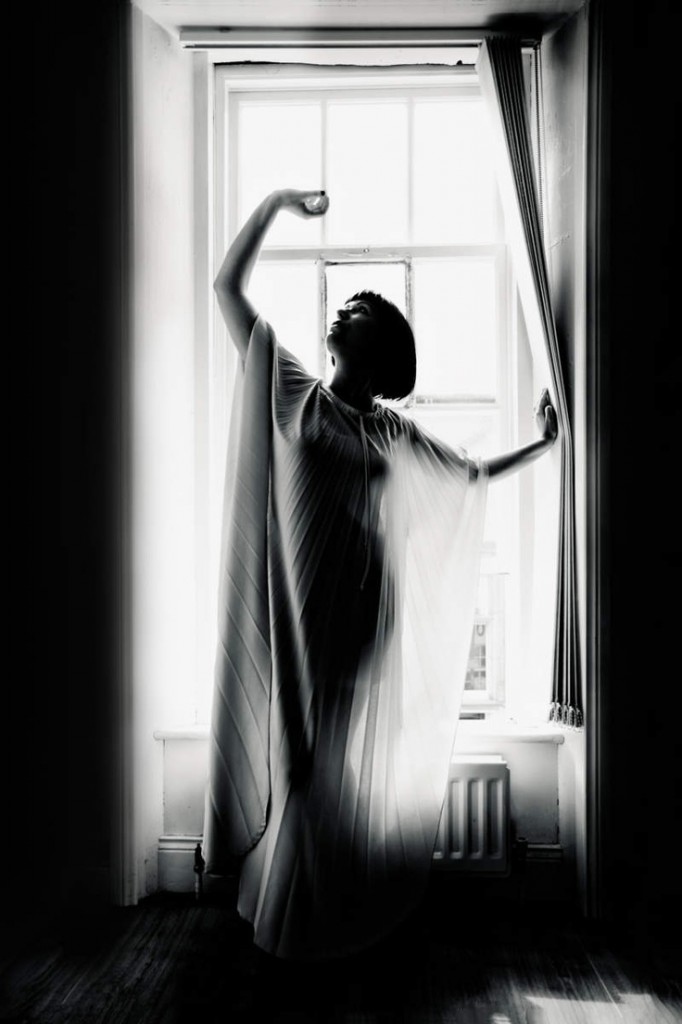‘Beasts of No Nation,’ Fable for All
 It is entirely possible that “Beasts of No Nation” will not achieve the audience that it deserves. Adapted from Nigerian-American Uzodinma Iweala’s fiercely economical 2005 debut novel, it is an extraordinary allegory about the machinery of human violence. But as it is being distributed on Netflix’s streaming service with a limited theatrical release, it is unclear whether viewers will elect to view a 136-minute, virtually celebrity-free film about rebel forces who have taken over an unnamed African country when they can binge-watch “Orange Is the New Black” on the same screen. In an ideal world, they’d watch both.
It is entirely possible that “Beasts of No Nation” will not achieve the audience that it deserves. Adapted from Nigerian-American Uzodinma Iweala’s fiercely economical 2005 debut novel, it is an extraordinary allegory about the machinery of human violence. But as it is being distributed on Netflix’s streaming service with a limited theatrical release, it is unclear whether viewers will elect to view a 136-minute, virtually celebrity-free film about rebel forces who have taken over an unnamed African country when they can binge-watch “Orange Is the New Black” on the same screen. In an ideal world, they’d watch both.
Certainly “Beasts of No Nation” is Cary Joji Fukunaga’s most assured film to date. A gifted cinematographer, screenwriter, and director, Fukunaga is Hollywood’s latest triple threat – that rare creature who can ground out his own visions holistically. His directorial projects may superficially have little to do with each other but thematically are very much of a piece. Each interrogates the violation of children and of the institution of childhood itself: The macabre gloom of HBO’s first season of “True Detective” hinges on crimes inflicted upon kids; “Jane Eyre” (2011) takes on the bleak existence of a nineteenth-century English orphan; and “Sin Nombre” (2009), which he also wrote, catalogues the difficult passage of young Central Americans to the United States border. “Beasts” may be his tour de force. Continue Reading →
The Church of Color
 For a while in my twenties, I only could wear beige, white, and black. I was very sick at the time, and in my long recovery, I couldn’t handle the strain of real color. This, in retrospect, is how I know that I was gravely ill, for color is and always has been very important to me.
For a while in my twenties, I only could wear beige, white, and black. I was very sick at the time, and in my long recovery, I couldn’t handle the strain of real color. This, in retrospect, is how I know that I was gravely ill, for color is and always has been very important to me.
My abstinence from color had happened once before. That time, I lost my ability to perceive color all together, and it was that loss, coupled with a harbinger of the symptoms that later capsized me, that forced me to accept that I had to separate from my family of origin. The metaphorical and literal often blur dangerously on the blueprint of my body. I suspect this stems from the lifted veil that I take for granted.
By nature I am highly selective about the colors with which I surround myself. The off-tones of the early 1990s hurt my eyes, for example. Those mustards and greyish purples always seemed so joyless–sanctimonious, even, as if it were not PC to shine. (I never viewed a friend who got married in a brown dress the same way again.) In my mid-teens, I was known as “the green girl,” for I liked to wear as many shades of green as possible. It wasn’t an affectation. The green made me feel hopeful and connected to something bigger than myself. Alice May, my mother’s mother, was the only one who understood. She adored green, which she said was the color of life and love. She had a winter green couch that was my favorite place to read. Continue Reading →


